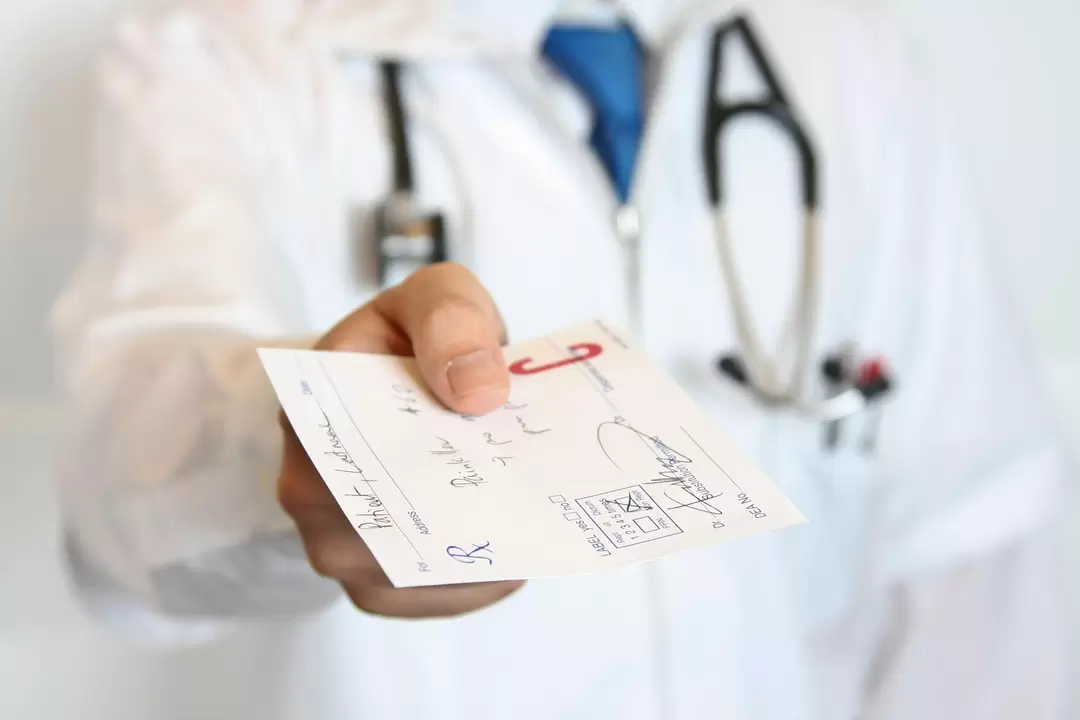Prostatitis is an inflammation of the prostate gland in men. It is provoked by many factors: sedentary work, constant stress, malnutrition. Sexually transmitted infections also have a detrimental effect on the male reproductive system. Every second man in the world to some extent faces problems in the sexual sphere. Treatment of prostatitis in men with medication gives good results and most often leads to a complete cure.
Basic dosage forms
Regardless of the severity of the disease, prostatitis responds well to treatment. It is possible to treat prostatitis in men with medication using different dosage forms: tablets, microclisters, injections. Medications in the form of rectal suppositories have proven themselves particularly well. Different drugs have a certain effect on the body, each of them functions at its own level. All medications are prescribed by the doctor individually, depending on the form and severity.
Inflammation of the prostate gland is a serious disease. It can be latent, latent for a long time and then declared with very unpleasant symptoms. This negatively affects men's health, quality of sex life suffers.
How to treat prostatitis in men
In the past, middle-aged and older men suffered from prostate inflammation. However, now this disease is much younger. A variety of modern medicines make it possible to quickly and eventually cope with prostate gland diseases.
Antibacterial therapy
The most common drugs prescribed in the treatment of prostatitis are antibacterial. Antibiotics are taken when necessary to quickly cure an inflamed prostate. The fastest acting antibiotics are fluoroquinolones and tetracyclines.
Your doctor may also prescribe penicillins. Antibiotics are prescribed depending on the susceptibility of the pathogen in order to act accurately on it and completely neutralize it.
Anti-inflammatory drugs for the treatment of prostatitis
Inflammation of the gland is also treated with anti-inflammatory drugs:
- NSAIDs (non-steroidal anti-inflammatory drugs);
- steroids (hormones).
Nonsteroidal anti-inflammatory drugs are the most effective and the side effects are minimal.
Nonsteroidal anti-inflammatory drugs are recommended to be used very carefully and always under the supervision of a doctor for those who have a history of inflammatory diseases of the stomach and duodenum 12. These drugs are dangerous for men with stomach ulcers. They can cause the ulcer to pierce and bleed.
It is recommended that these medications be taken after meals. Apply no more than 5-7 days in a row. With the ineffectiveness of NSAIDs, hormones are prescribed to treat the inflammatory process in the prostate gland.
They also have contraindications and side effects, so they are prescribed exclusively by a doctor.
Drug treatment of prostatitis with muscle relaxants
Muscle relaxants are often used to treat prostate diseases. These medications are designed to facilitate the flow of urine when the prostate is inflamed. In addition, muscle relaxants relieve pain.
List of sedatives
Nervous system medications are prescribed to patients who are depressed due to prostate disease. Men often worry about the decline in the quality of sex life, which invariably accompanies prostatitis. In this case valerian or motherwort extract helps. If possible, consultation with a psychotherapist is desirable.

With prostatitis, it is extremely important to support the nervous system with sedatives. Good general health will help you cope with the disease faster.
The most effective drugs that restore blood flow
The most effective drugs for prostatitis in men are alpha-blockers. They restore blood circulation, help relieve spasm in the prostate gland and improve urine production. Medications are prescribed by a specialist.
What to drink with prostate to relieve pain
Some prostatitis medications are used as an analgesic. Pain syndrome, especially in acute prostatitis, is often very pronounced. The enlarged prostate in men impedes the free flow of urine, making urination difficult. Rectal suppositories work well.
How to treat inflammation with immunomodulators
Immunity stimulants play one of the main roles. To cure prostatitis, use special drugs that stimulate the immune system.
What homeopathic medicines should you take
Among the medications used to treat prostatitis in men, homeopathy is often used. However, the sole use of homeopathic medicines in the treatment of prostate diseases has not justified itself. Homeopathy is good as an adjunct therapy to reduce swelling, spasm, pain.
Also, homeopathy is used in the treatment of prostate, which increases erection and sexual desire.
Homeopathic rectal suppositories are used, in which the active ingredients are St. John's wort and propolis extract. They have anti-inflammatory and wound healing effects.

It should be borne in mind that before you start receiving these funds, you should undergo a thorough examination. Homeopathy should be combined with the treatment prescribed by the doctor. There is no scientific evidence for its effectiveness.
Vitamins and herbal medicines for men
Vitamins improve metabolism and increase the effect of treatment. Especially good are B vitamins (B12, B6). Vitamin complexes are added to support overall health, rapid prostate healing.
To restore sexual function, adaptogens - tinctures of ginseng and eleutherococcus are used.
Chinese medicine for treating prostate
Essentially, Chinese medicine aims to restore and strengthen the body's immune function.

These medicines have a good effect in combination with other Chinese methods - acupuncture and massage.
Medications to prevent inflammation of the prostate gland
When analyzing the ways of treating the prostate in men, no preventive measures can be mentioned. These include, first of all, a healthy lifestyle, proper nutrition, as well as regular sex and timely protection, a mandatory preventive visit to the doctor.
Even knowing which drugs are most effective for prostatitis, it is undesirable to treat yourself. All medications are prescribed by a urologist or andrologist after receiving the test results. Self-medication can lead to complications - chronic prostate, adenoma and prostate cancer.




































